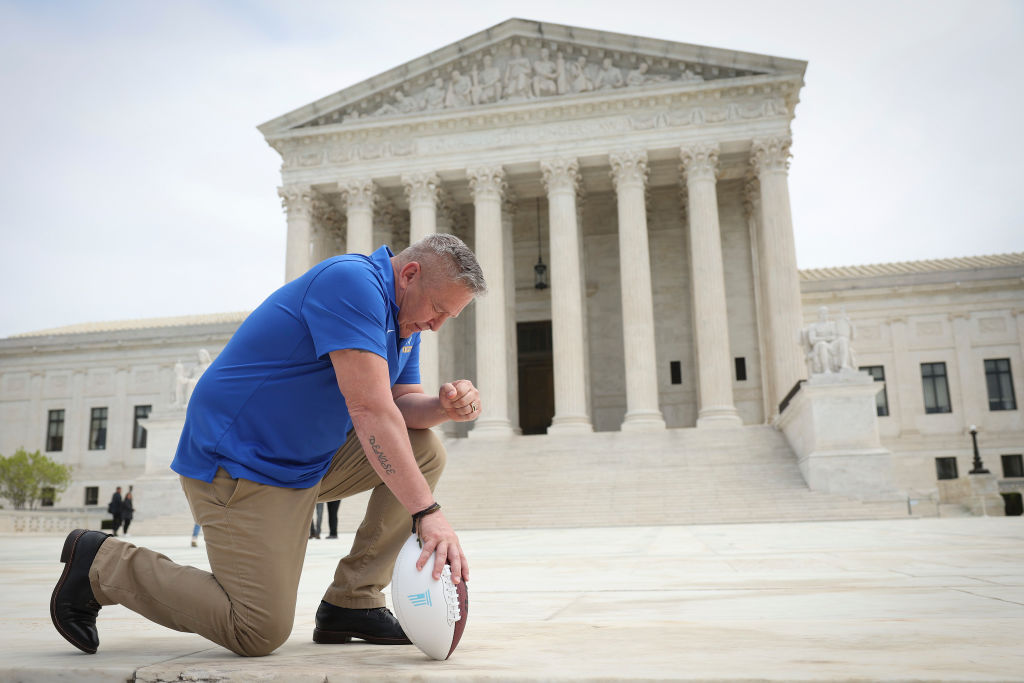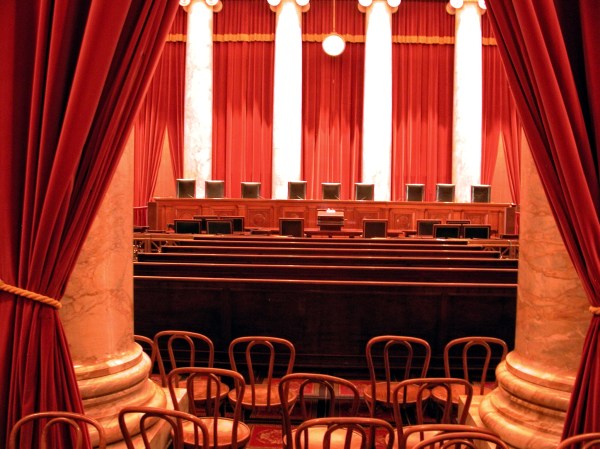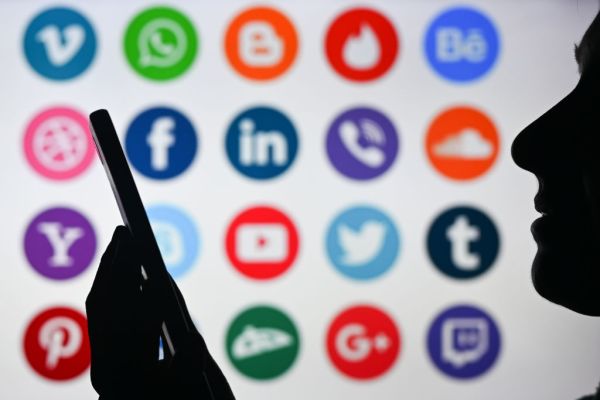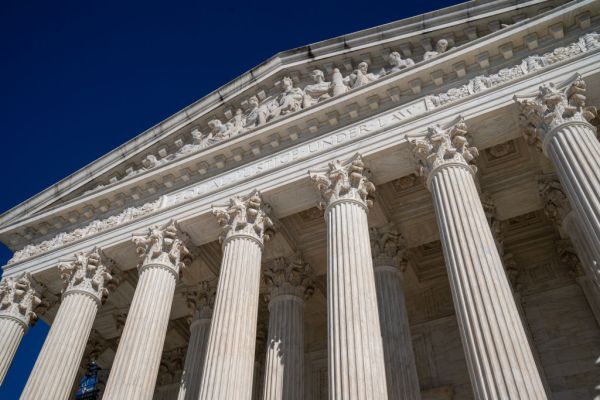Today marks one year since the Supreme Court handed down Kennedy v. Bremerton School District, last term’s seminal decision on prayer in school. At the time, some legal and lay commentators lamented the court’s holding, but a year of lower-court rulings suggests their fears were unwarranted.
After being suspended and later fired for repeatedly praying at the 50-yard line after games, high school football coach Joseph Kennedy filed a lawsuit alleging his school district had violated his First Amendment rights. In reviewing the facts, the court determined Kennedy engaged in prayer during a lull in his official duties, when he and other staff members were permitted personal time. The court sided with Kennedy and held that by punishing Kennedy for his prayer, the district not only violated his right to free exercise of religion, but also his right to engage in symbolic speech. “To hold differently,” Justice Neil Gorsuch wrote for the court, “would be to treat religious expression as second-class speech and eviscerate this Court’s repeated promise that teachers do not shed their constitutional rights to freedom of speech or expression at the schoolhouse gate.”
The district provided only one meaningful rationale for disciplining Kennedy: Allowing him to pray in such a public manner would signify the school’s endorsement of the Christian faith, violating the Establishment Clause of the First Amendment and exposing the district to a lawsuit. But the Supreme Court rejected this argument, emphasizing that it relied on defunct case law that placed a great emphasis on preventing the appearance of state “endorsement” of religion. Justice Gorsuch explained courts must look to “historical practices and understandings” to determine if a state actor, such as a school administrator, has violated the Establishment Clause and its bar against a state religion. Importantly, the court found no evidence that students were compelled or coerced to participate in the coach’s private prayer, a point the school district conceded. The court thus found the district’s fear of violating the Establishment Clause insufficient grounds for disciplining Kennedy.
Nevertheless, the court’s opinion triggered strong reactions. MSNBC contributor Anthea Butler warned the decision was a “sledgehammer” to the wall separating church and state that would “bring us closer to Christianity as our de facto state religion.”
“What happens when Jews, Muslims, Hindus and others ask for the same consideration?” she cautioned. “How will the court prevent privileging Christianity?”
Professors Ira C. Lupu and Robert W. Tuttle of George Washington University Law School, writing for the American Constitution Society, described the decision as “chilling” and concluded that “The Christian Nationalists among us, and among the Justices, must be thrilled.”
Despite these trepidations, reviewing a sample of notable lower court decisions from across the country suggests their outrage was premature.
In February 2022, a West Virginia public high school hosted a traveling religious revival in its assembly hall, prompting several students to organize a walkout of class in protest. A few students alleged they were compelled or coerced to participate in the revival, and subsequently sued for violation of the Establishment Clause. One of the plaintiffs, a Jewish student, alleged his teacher denied him permission to leave the assembly. The lawsuit further alleged the revival was not an isolated event, but emblematic of a widespread practice of teachers and administrators initiating and leading religious activities as part of official school programming.
This past December, the federal District Court for the Southern District of West Virginia found that the alleged facts were sufficient to allow the case to move forward. It particularly found the allegations that adult administrators were involved in sponsoring the revival troublesome, as well as the allegation that at least one teacher led his class to the revival and appeared to compel attendance. In denying the defendants’ motions to dismiss, the court expressly relied on the Kennedy opinion’s assurance that:
Government may not, consistent with a historically sensitive understanding of the Establishment Clause, make a religious observance compulsory. Government may not coerce anyone to attend church, nor may it force citizens to engage in a formal religious exercise. No doubt, too, coercion along these lines was among the foremost hallmarks of religious establishments the framers sought to prohibit when they adopted the First Amendment.
Meanwhile, the board of education for Chicago’s public schools has been mired in litigation stemming from a less traditional case of government coercion. In 2017, the board partnered with the University of Chicago and the David Lynch Foundation to provide certified transcendental meditation instruction during a dedicated period of “quiet time.”
Amontae Williams, a student during the early implementation of the program, filed a lawsuit in 2020 alleging that training in transcendental meditation was religious instruction in violation of the Establishment Clause. He alleged that an instructor would come to his classroom during quiet time and instruct the students who “voluntarily” participated. According to Williams, there was no opportunity for those not participating to leave the room. The instruction also included an “initiation ceremony” that allegedly required students to repeat words of a language they did not understand while the lights were dimmed, and they faced a picture of a transcendental meditation instructor flanked by ceremonial fruit and rice.
In May, the federal trial court allowed the student’s case to move forward, again relying heavily on Kennedy. The court stressed how the Supreme Court expressly “did not overrule prior decisions in which [it] has found prayer involving public school students to be problematically coercive.” (emphasis added). On the contrary, the Supreme Court’s “extensive discussion of coercion indicates that this test is still good law, as the decision makes it clear that compulsory prayer or other religious activities in schools do not align with this country’s historical practices and understandings.” The court found that since there was a sufficient factual dispute as to whether Williams felt compelled to participate in what could be described as religious training and ceremony, the case should move forward to trial.
Finally, a recent case out of the 9th Circuit Court of Appeals, a traditionally progressive court, highlights how Kennedy has affected religious expression for students and other private actors.
In 2019, Larissa Waln was a senior at a public high school in Glendale, Arizona. As a member of the Sisseton Wahpeton Oyate tribe, she wished to adorn her graduation cap with a sacred feather from her grandmother to commemorate her achievement and honor her ancestors. The school district had a seemingly neutral rule that no decorations or adornment could be added to the graduation regalia. After a request for a religious exemption from the rule was denied, Waln attempted to attend graduation with the feather featured on her cap but was denied entry. Waln later discovered that other district students had been permitted to feature decorations, including at least one breast cancer awareness sticker. Waln sued the district for denying her right to exercise her religion and right to free speech.
The trial court dismissed her claims and Waln appealed to the 9th Circuit to save her case. In its subsequent opinion, the 9th Circuit reversed the dismissal and restored her lawsuit. The court found Waln alleged sufficient facts to suggest that the neutral policy against decorations had been applied in a discriminatory fashion. Citing directly from the Kennedy opinion, the court explained, “These Clauses work in tandem. Where the Free Exercise Clause protects religious exercises, the Free Speech Clause provides overlapping protection for expressive religious activities. Thus, the First Amendment doubly protects religious speech.”
The district provided only one “compelling” reason for its uneven enforcement of the policy, and that was the perceived risk that allowing religious symbols at the government-sponsored event would be a violation of the Establishment Clause. In other words, the same rationale put forward by the school district in Kennedy, that allowing the feather would appear to the public as a government “endorsement” of religion. Citing once more to Kennedy, the court condemned this reasoning:
As the Supreme Court emphasized in Kennedy, the Establishment Clause does not compel the government to purge from the public sphere anything an objective observer could reasonably infer endorses or partakes of the religious. To the contrary, learning how to tolerate diverse expressive activities has always been part of learning how to live in a pluralistic society.
Thus, the 9th Circuit recognized that in the post-Kennedy world, private religious speech may not be placed on a lower tier of protected expression simply because it is expressed in or around public programming.
In the days following the Kennedy decision, many commentators focused almost entirely on the portion of the opinion that called for assessing prayer and other religious expressions in relation to “historical practices and understandings.” This myopic reading led them to undercut the real value of the Kennedy opinion as applied to school prayer—its emphasis on coercion, which has always been at the heart of the limitations on school prayer.
Clearly lower court judges did not overlook this point, as they are actively citing the Kennedy decision to assert the primacy of the so-called “coercion test.” Whether it’s evangelical revivals or transcendental meditation, the breach in the so-called wall of separation does not appear to be as wide as critics feared. The Supreme Court ruled in favor of Coach Kennedy largely because of the lack of any facts suggesting actual coercion, not merely speculative coercion. Cases in the past year that have shown any demonstrable coercion have found the so-called wall of separation not damaged but reinforced by Kennedy.
The Kennedy decision has also removed the stigma of private religious speech, which in some jurisdictions had been relegated to second-tier speech status. As the 9th Circuit decision makes clear, thanks to Kennedy, state actors may no longer use speculative concerns over the Establishment Clause as a Trojan horse for content or viewpoint discrimination of private speech simply because that speech happens to be religious. And despite the consternation of outraged pundits, that renewed protection does not appear limited to white Christians, but has already been applied to protect a Jewish boy compelled to attend a Christian revival as well as a Native American girl as she honors her traditions and ancestors.








Please note that we at The Dispatch hold ourselves, our work, and our commenters to a higher standard than other places on the internet. We welcome comments that foster genuine debate or discussion—including comments critical of us or our work—but responses that include ad hominem attacks on fellow Dispatch members or are intended to stoke fear and anger may be moderated.